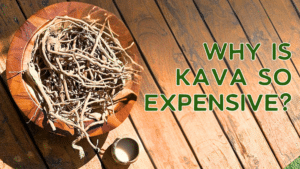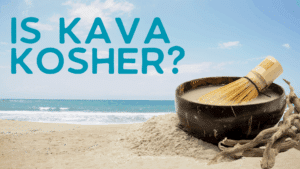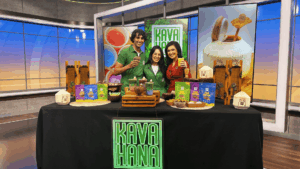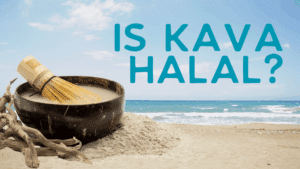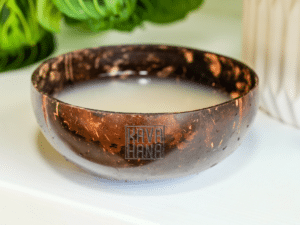Kava’s rising popularity has raised questions about its classification. Amidst the buzz and rumors about its health effects, one key question stands out: Is kava legal?
It turns out that this comes down to how it’s classified; that is, whether or not its legal status is considered a drug or not.
Kava’s legal status
By definition kava is legal In the United States. It’s classified as a dietary supplement, which doesn’t have to go through the same stringent regulations as drugs and medications. It’s a natural plant with various medicinal properties and is available in forms like powder and extracts. It’s not a drug, nor is it a controlled substance in the U.S. However, due to concerns over liver toxicity, it is more regulated in some European countries.
Understanding drug classification
Drugs, in their many forms, can significantly influence the body’s physical structure and functions. These substances can be harnessed within the realm of medicine, where they are used to treat, manage, or prevent various health conditions. Medicinal drugs are rigorously tested and prescribed to ensure safety and efficacy in addressing specific medical needs.
On the other hand, there’s a whole different world of drugs used recreationally. These include substances like magic mushrooms (psilocybin) and LSD (lysergic acid diethylamide), which are often used for their psychoactive and mind-altering effects. Unlike medicinal drugs, recreational drugs are typically used for the experiences or feelings they produce, such as heightened sensory perception, altered states of consciousness, or joy.
Defining natural supplements
Natural supplements are quite different. They include vitamins, minerals, herbs, amino acids, and other substances supplementing the body’s nutritional needs. These can be single vitamins, minerals, medicinal herbs, roots, and other nutrients. They come in forms like concentrates, metabolites, capsules, or extracts. You can get them in many different health food stores and often don’t need a prescription or doctor’s note to purchase them. This was kava’s legal status until earlier this year when the state of Hawaii declared kava a food.
Controlled substances explained
A controlled substance is a drug or chemical heavily regulated by the government due to its potential for misuse, addiction, and health risks. They are categorized into five schedules. Schedule 1 is the most heavily regulated, including substances like heroin and ecstasy. While Schedule 5 contains less risky drugs like certain cough syrups with less than 300mg codeine and other medications that have risky ingredients.
Clearing up misconceptions
The confusion of kava’s legal status often arises from misunderstandings and misstatements. Contrary to some claims, kava is an herbal supplement, not a drug in the United States. This is good news for consumers and researchers interested in exploring its medicinal qualities. Kava does affect the mind and body, which might lead some to mistakenly believe it’s a drug.
However, this could be different depending on where you live. Many countries like Australia, Canada, the UK, and many European countries still have kava listed as a regulated substance, so it’s important to understand the laws where you live
What you need to remember
Kava is legal and generally safe to consume in the U.S. As with any natural product, or substance you aren’t familiar with, it’s important to understand how it works and what the effects are. Start with small amounts, understand your limits, how your body responds and be aware of potential interactions with other substances or medications. And true to kava’s communal spirit, it’s best enjoyed with friends for a shared, enjoyable experience.


